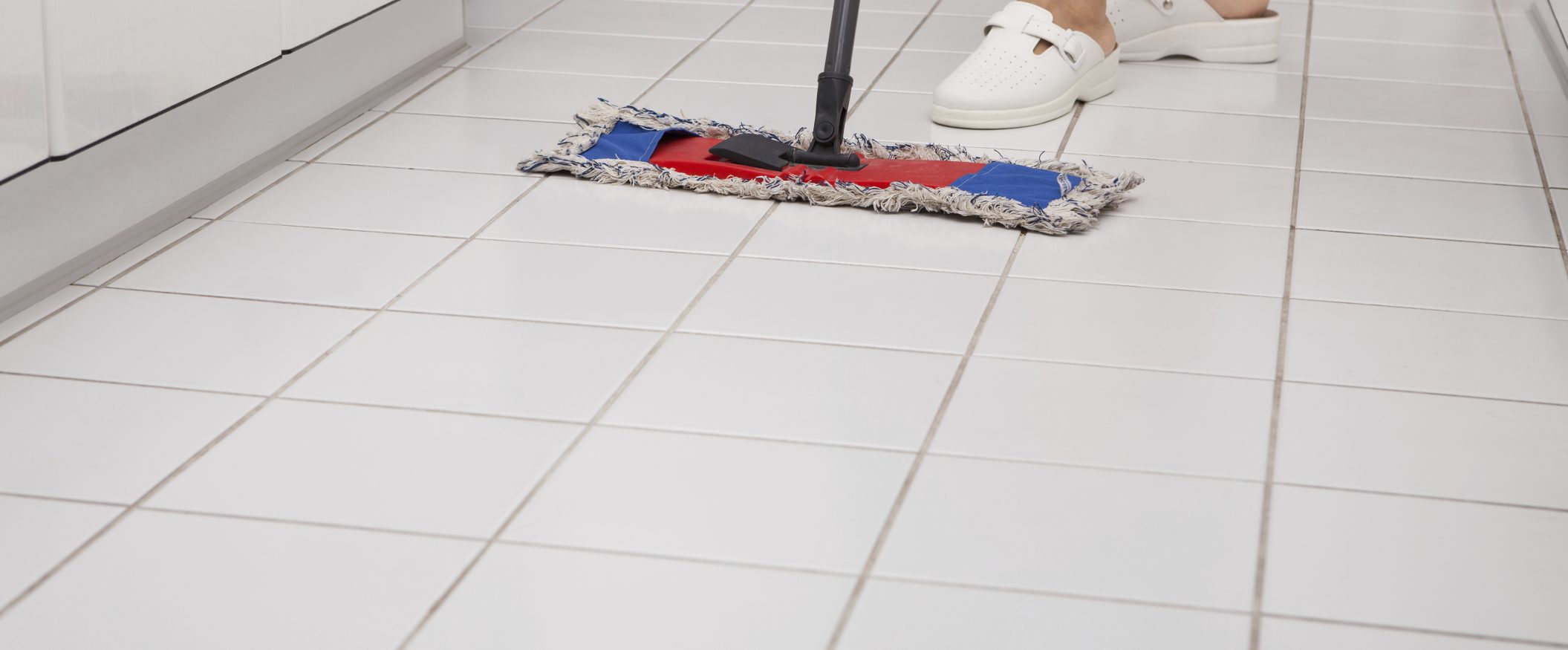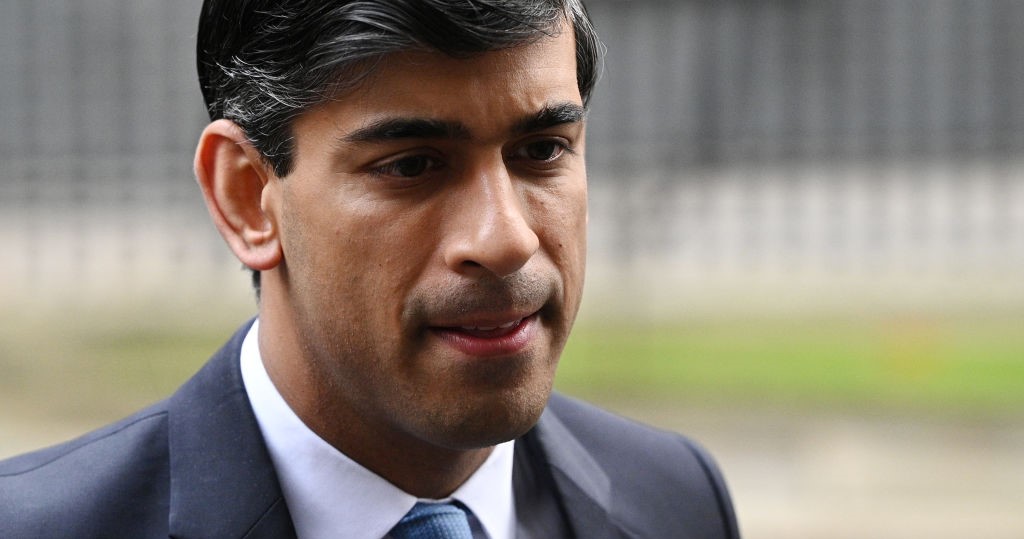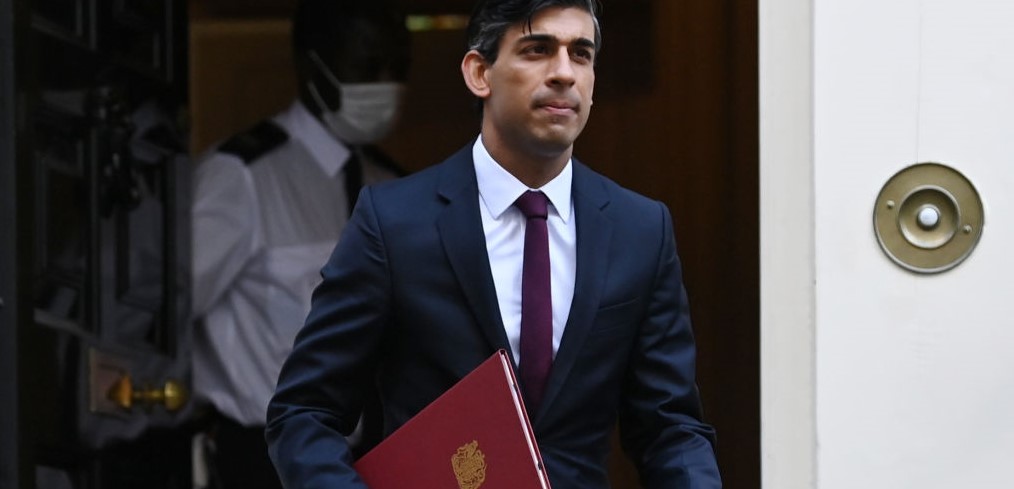Boon for business
Workers in the hair and beauty industry are more likely than others to be stiffed of their entitled National Minimum Wage. That’s why in July, the HMRC launched a campaign specifically targeting the hairdressing industry to ensure employers pay all their workers the legally mandated minimum wage.
The Birmingham Post highlighted yesterday (August 13) four employers in the city who failed to pay the minimum wage, including a disability support group, a car sales garage, a restaurant, and a hair and beauty salon.
The four employers together owed more than £17,000 to several workers. They were pulled from a “name and shame” list published by the department for business, skills and innovation, which compiles the names of employers who have been found to be illegally underpaying their employees.
When contacted by the Post, the underpaying hair salon, Hush Hair and Beauty, highlighted confusion over apprenticeship minimum wage rates and noted that the workers had been paid what they were due.
It’s been reported that 42 per cent of businesses in the hair and beauty sector do not pay level 2 and level 3 apprentices the correct minimum wage – the highest underpayment rate of any sector.
Tougher action
The most recent “name and shame” list, released on July 30, named 75 employers in breach of the law, totalling £153,000 in payment arrears. Publication of the list of employers paying below the minimum wage began in October 2013.
Unite assistant general secretary Steve Turner welcomed the publication of the “name and shame list” but has previously called for tougher action against rogue employers.
“It is an outrage that so many businesses are allowed to get away with ignoring the law and cheating workers out of what’s already a pittance of a minimum wage,” he said.
“The real-terms value of the minimum wage has already plummeted over the past decade, and the millions of workers on it are in a constant struggle with debt, extortionate rents, growing energy bills and feeding their families. These crooks are flagrantly violating the law and should be treated like the criminals they are — in courts, fined and imprisoned.”
Currently, the maximum fine for an employer paying below the minimum wage is ÂŁ20,000.
“â€Naming and shaming’ these employers might shed light on the problem, but the real answer is to enforce the law, support strong and powerful trade unions and legislate to introduce a system of sector level collective bargaining to address low and exploitative pay,” Turner added.
“The current fine is nothing but a slap on the wrist. You can be fined more for flogging a dodgy football shirt than exploiting working people, something that sums up the government’s approach to supporting the victims of this and other corporate crimes.”
The TUC argues that the “name and shame” list only scratches the surface – they have estimated that more than a quarter of a million workers are paid less than the minimum wage.
TUC general secretary Frances O’Grady has called for the HMRC to hire at least 100 more officers to enforce the minimum wage law, and the maximum penalty fine to be hiked to £75,000.
Now that the National Minimum Wage is set to go up significantly next year, with the adult rate rising to £7.20 per hour, it’s likely that minimum wage violations will become even more frequent as unscrupulous employers seek to flout the law.
Already, stupendously profitable companies have claimed the sky is falling in as Osborne announced in his most recent budget a higher minimum wage that’s set to go up to £9 an hour by the end of the decade.
Interserve, one of the largest contractors of public services, warned on Wednesday (August 12) that its profits would be impacted once they have to pay 10,000 to 15,000 cleaners on the minimum wage the higher rate next year, indicating that it might have to reduce its cleaning services.
Skyrocketing profits
But the company’s pre-tax profits skyrocketed by almost 20 per cent in the six months to June of this year, now totalling £33.7m.
Unite regional co-ordinating officer Jose Vallejo Villa believes Interserve’s incessant chase for profits will only backfire.
“Both companies and clients must understand the real costs of a contract,” he said. “A client shouldn’t sign contracts with companies that, at the loss of a sliver in profits, move to reduce staff and service standards. It’s bad business and creates a race to the bottom in both quality of service and pay and conditions for some of the nation’s lowest paid workers.”
“Any company’s most valuable resource is its workforce,” he added. “Sacrificing their greatest asset at the altar of untouchable profits is short-sighted.”
Villa has been part of Unite’s campaign pushing for employers to pay the London Living Wage – now set at £9.15 an hour – to all cleaners in the city. It’s estimated that only 20 per cent of cleaners in one of the most expensive cities in the world are paid the Living Wage.
Villa argues that paying the Living Wage is a boon for businesses.
“It has been clearly demonstrated that workplaces in which all workers are paid the Living Wage have much better working environments,” he said. “This reduces absenteeism and the workers feel more motivated to work despite the unsocial hours during which cleaners do their job. Absenteeism seriously damages the standards that cleaning companies should provide to their clients.”
“Instead of whingeing every time the minimum wage – which isn’t a living wage at all – goes up slightly, employers need to start understanding the benefits of higher pay,” Villa added. “Not only is paying your employees enough to live the right thing to do, it’s a good long-term business strategy as well.”
 Like
Like Follow
Follow


